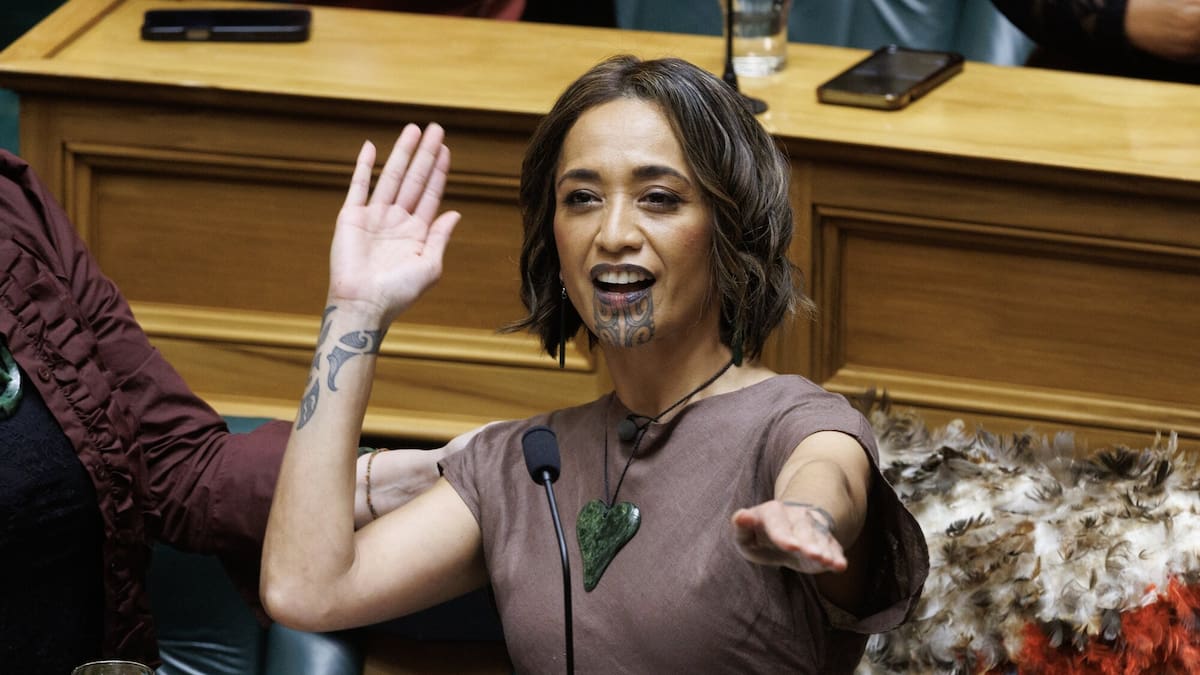“There is no issue with waiata, there is no issue with haka, but there is an issue with the disrespect for process that was shown last Thursday. Standing orders of this House have been developed over the last 171 years to facilitate the legislative process and ensure that in its work the views of those elected to this Parliament could be heard.
“Respect and dignity should be at the front of minds for all members of this House.”
Last week Brownlee said there had been a “guarantee” a haka would not take place.
Gerry Brownlee emphasised respect for parliamentary processes and announced changes to attendance, dress standards, and leave rules. Photo / Mark Mitchell
The speech was also delivered straight after Question Time, a change from usual processes which see maiden speeches normally delivered some time between 5.40pm and 6pm.
Brownlee said this was changed for Kaipara “because Te Pāti Māori had asked the Business Committee if they could move that speaking time to accommodate a slot that would mean that more people who are here to see the swearing-in could see the maiden speech as well”.
“The Business Committee decision to facilitate the speech following Question Time was on the understanding that it would be a statement and waiata all within 15 minutes allowed under standing order 368. That did not occur.”
He said it was disorderly for Kaipara to continue speaking beyond the allocated 15 minutes despite several bells indicating the time was up, and “contemptuous” to ignore that time.
“After nearly two years in this role it’s now regrettably clear that some elected to this House see disruption and dissent as more important than legislative achievement. I respect that all members of this House are equally elected, but I think they equally have responsibility to uphold the dignity of the House.”
He said he had not received any requests to refer any MPs to the Privileges Committee over the matter, and referring Kaipara for actions just minutes after being sworn in “could be seen as particularly pernicious”.
The changes to the rules around attendance, dress standards and leave would be done through the Business Committee, which typically makes administrative decisions about the running of Parliament.
“From this point I will more critically apply the limited measures available to a Speaker to ensure greater respect is shown from members one to the other, and the dignity of the house, and the processes, are upheld.”
Brownlee earlier ran through a list of these punishments, including referring MPs to the Privileges Committee if rules had been breached, “naming” an MP and suspending them, or demanding an MP leave for disruptive behaviour.
“None of these measures were put in place at a time when members writing them would have contemplated a Parliament being used as a stage on which members’ speaking times … were more of a performance nature, and recorded and posted on social media.”
– RNZ

